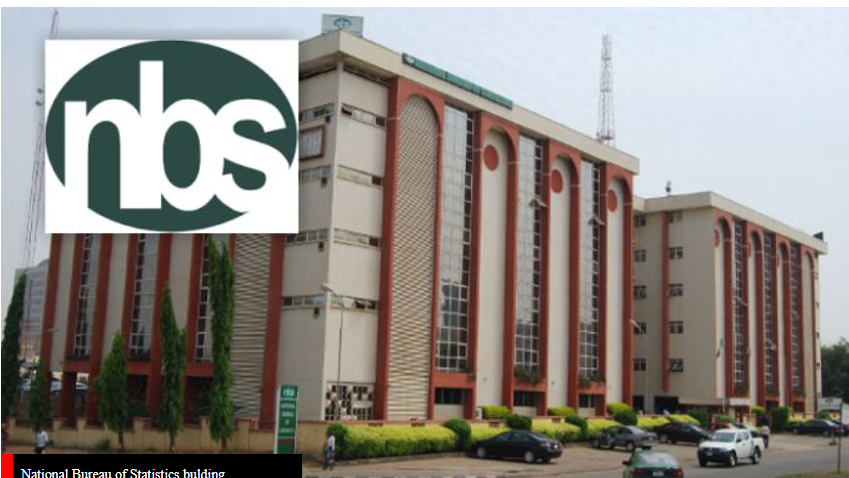By Joke Kujenya
CAPITAL IMPORTATION into Nigeria rose to $2.60 billion in the second quarter of 2024, reflecting a remarkable 152.81% increase from the $1.03 billion recorded in the same quarter of 2023.
However, this figure represents a 22.85% decline from the $3.38 billion achieved in the first quarter of 2024.
The National Bureau of Statistics (NBS) reported these figures, highlighting ongoing fluctuations in investor sentiment amid global economic uncertainties and domestic challenges.
The primary driver of this growth was portfolio investments, which contributed $1.40 billion, accounting for 53.93% of total inflows.
Other investments, such as loans and trade credits, followed with $1.17 billion, representing 44.92%. Conversely, Foreign Direct Investment (FDI) lagged at just $29.83 million, making up a mere 1.15% of the total.
The banking sector emerged as the largest beneficiary, receiving $1.12 billion (43.15%) of the total inflows.
This underscores the crucial role banks play in attracting foreign investments and facilitating access to Nigeria’s financial markets.
The production and manufacturing sector attracted $624.71 million, accounting for 23.99%, signaling a potential recovery in industrial activities.
On the geographic front, Lagos State remained the top destination for capital importation, with $1.37 billion, which is 52.52% of the total.
Abuja followed closely, attracting $1.24 billion (47.48%). In stark contrast, Ekiti State recorded minimal inflows of just $0.0003 million during the quarter.
The report further details the sources of these capital inflows.
The United Kingdom (UK) topped the list with investments totaling $1.12 billion (43.01%), solidifying its position as a key player in Nigeria’s financial landscape.
The Netherlands followed with $577.82 million (22.19%), while South Africa contributed $255.98 million (9.83%).
Among financial institutions, Citibank Nigeria Limited led with $818.46 million (31.43% of total inflows), followed by Standard Chartered Bank Nigeria Limited at $654.79 million (25.14%) and Rand Merchant Bank Plc with $488.59 million (18.76%).





